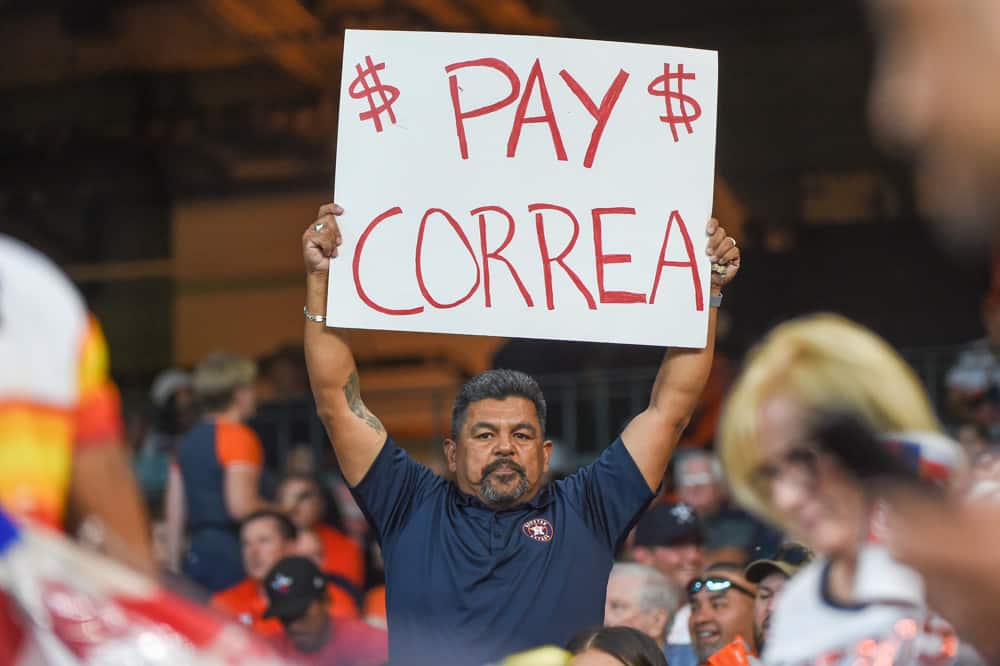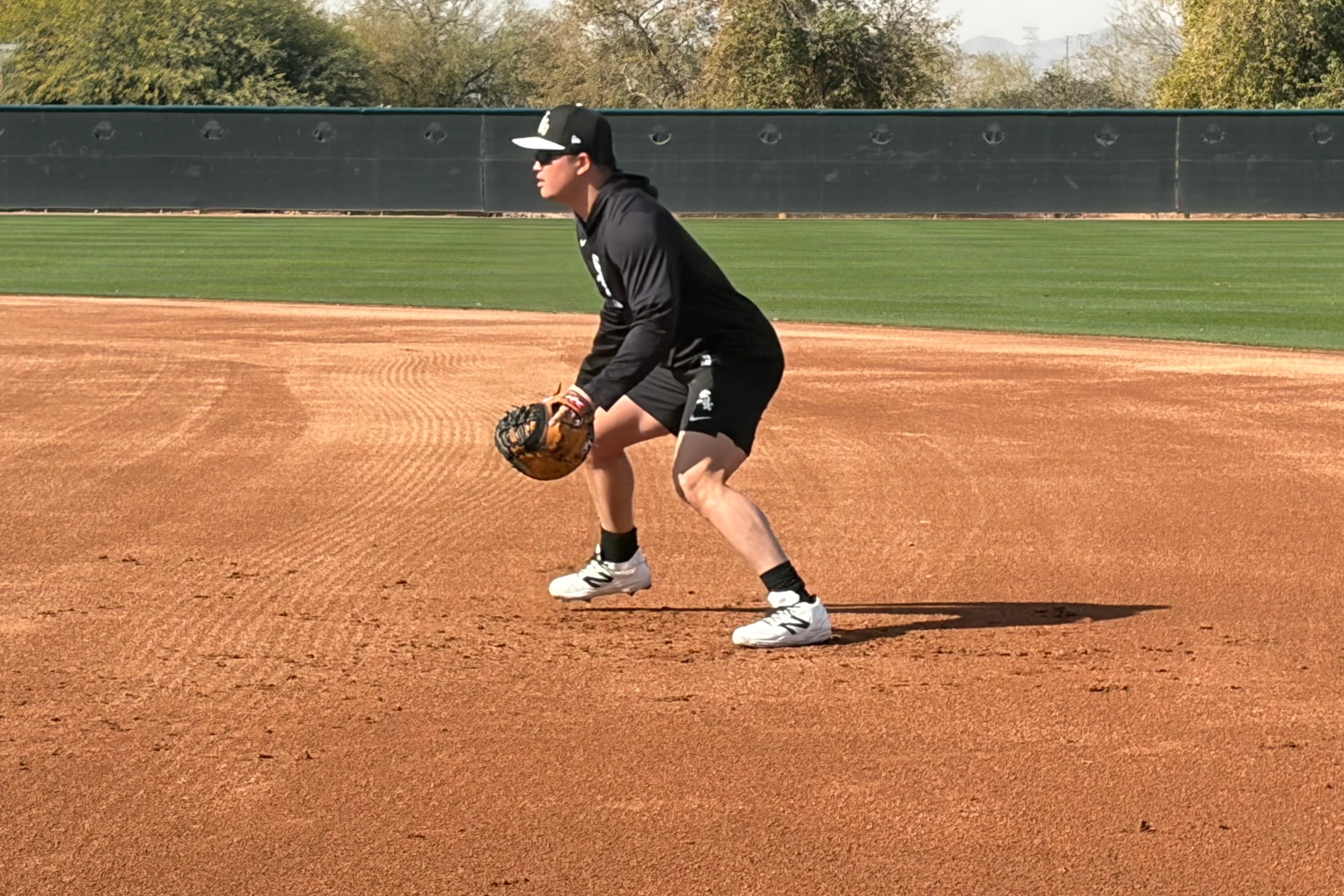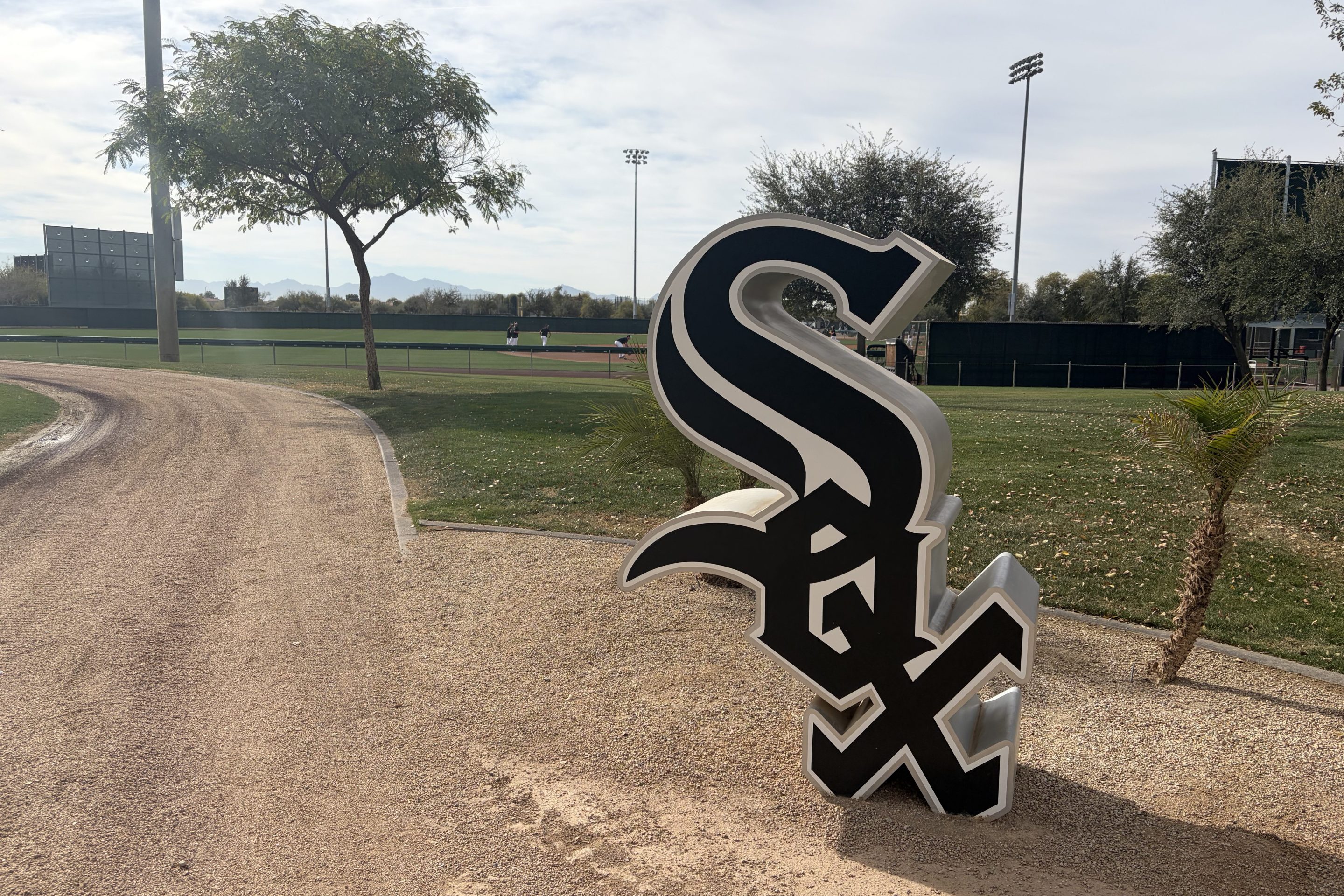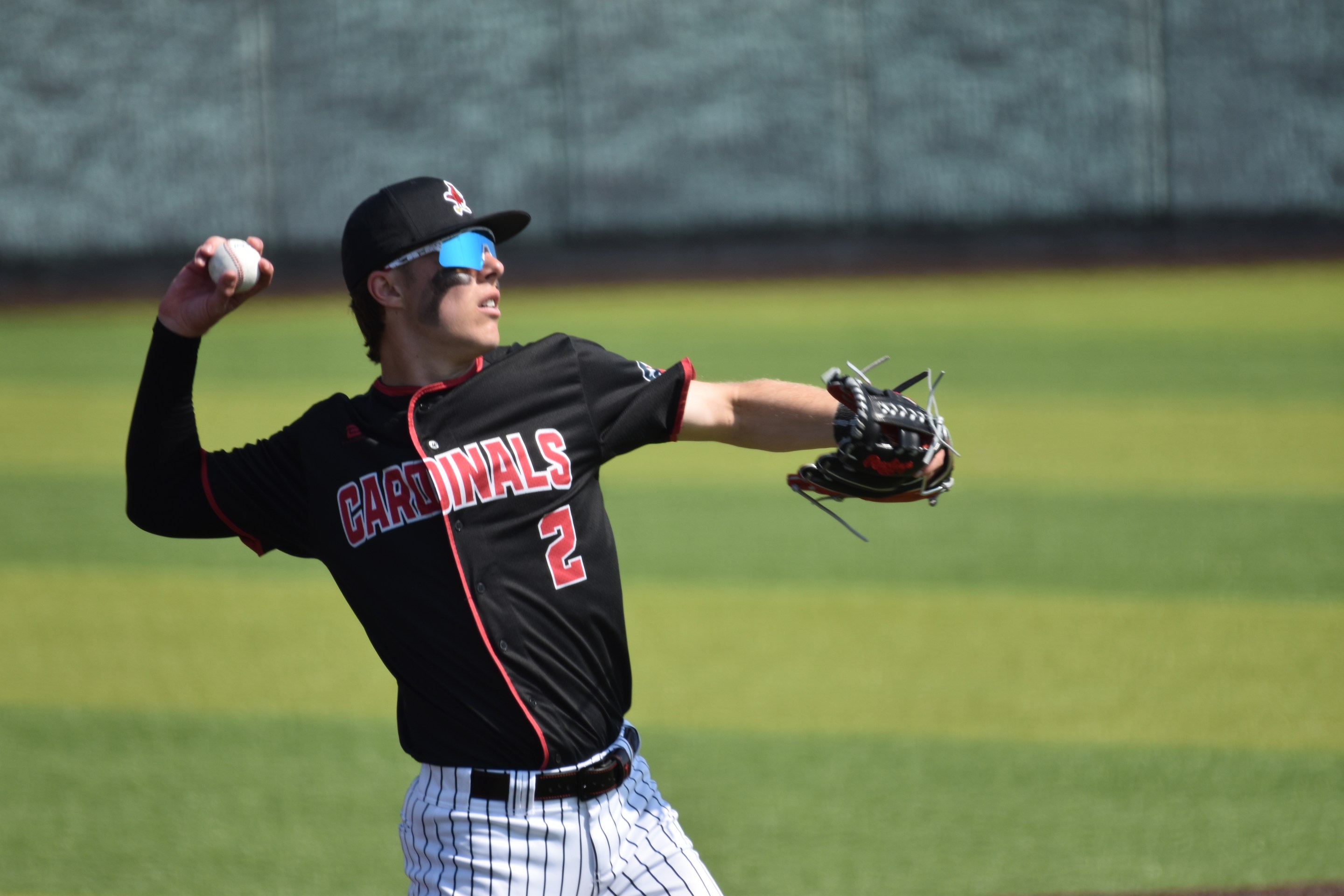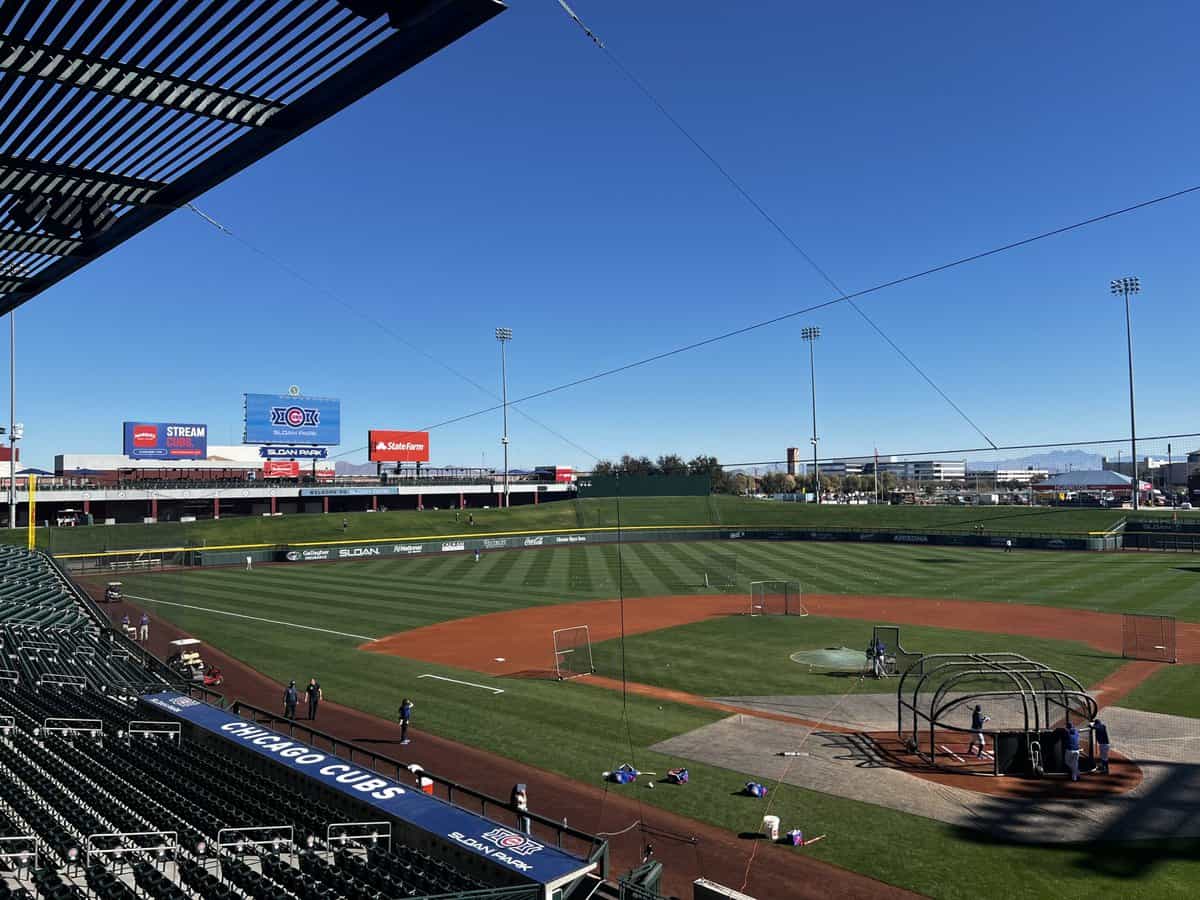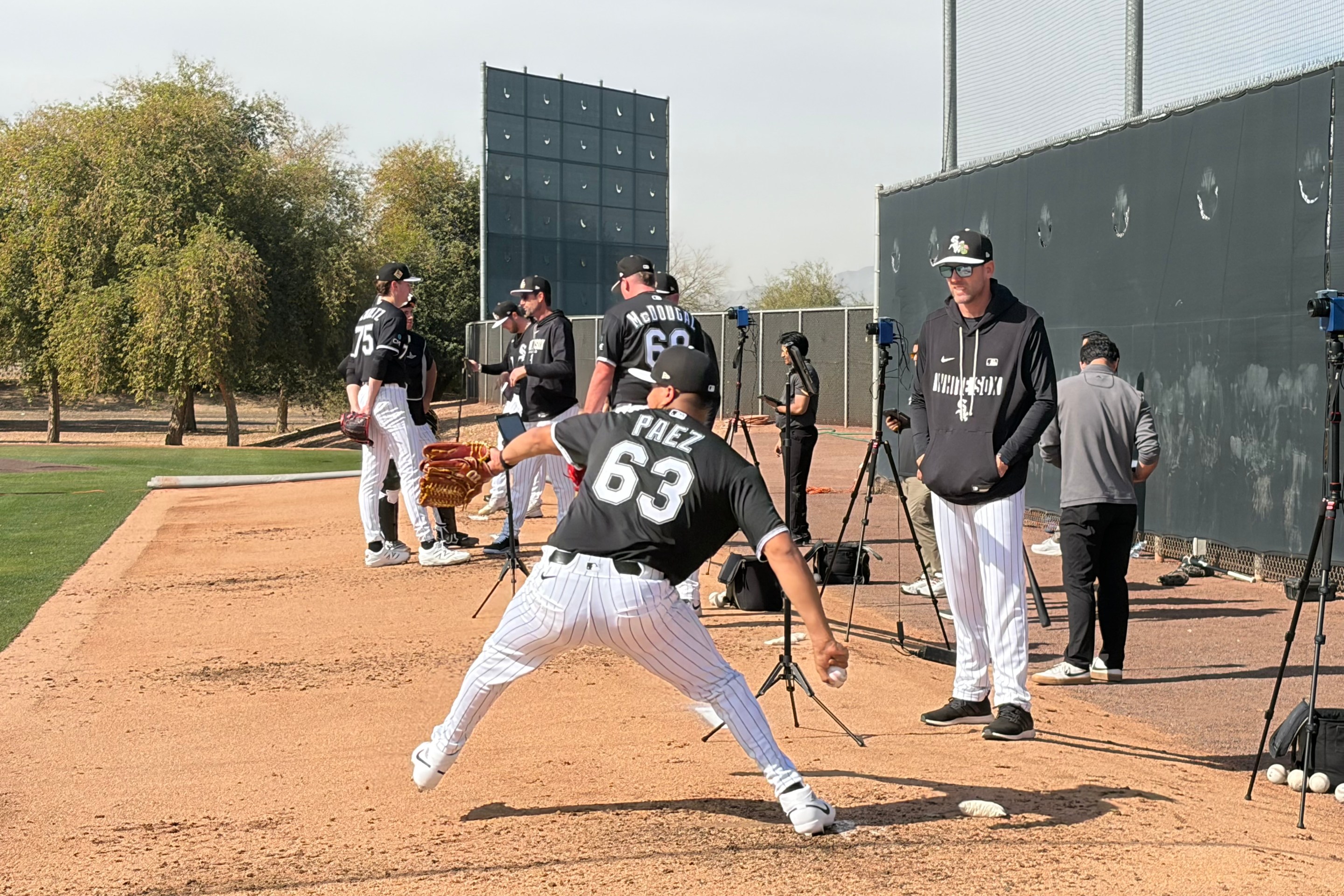It took until St. Joseph's Day, but the AL Central finally made offseason/preseason noise that reverberated around the rest of baseball when Carlos Correa signed with the Twins on a three-year, $105.3 million contract.
Minnesota is a stunning destination for the market's top free agent, which means there's a catch. Correa's contract stands a very good chance of being a one-year deal, as Scott Boras negotiated opt-outs after each of the first two seasons. That uncertainty makes it easy to overstate the threat. If Correa does what he's supposed to do while the rest of the team lives up to its projections, the Twins will have whiffed on its only swing at the piñata, which makes the situation inherently less imposing than a solid three-year contract designed for a team to consolidate around him.
What the Correa contract accomplishes is hope. On paper, his presence means the Twins have pulled into a tie with the White Sox with regards to position-player WAR, according to FanGraphs' depth chart projections.
- Yankees, 32.4
- Astros, 30.1
- Blue Jays, 30.0
- Rays, 28.3
- Angels, 27.0
- White Sox, 26.9Twins, 26.9
- Mariners, 24.9
Now, Minnesota's pitching staff is bottom-half, with a lack of standout options. The starting rotation could be deep, or it could be a rotation full of guys whose ERAs are closer to 5.00 than 4.00, as the younger starters have fringe stuff that requires A-game execution. The Twins made a big step in addressing the rotation by trading for Sonny Gray, but they probably need two more arms to change the conversation. They're rumored to be interested in Frankie Montas and Sean Manaea, either of whom would help.
(Minnesota might be within a few wins of the White Sox's projections had they held onto José Berríos, which makes the decision to trade him worth revisiting at the end of the year.)
But even if the Twins ended up stopping here, they'd have done a decent job at making themselves way more interesting without forcing a stuck window open (see the Rockies and Kris Bryant). Josh Donaldson's a good player, but he's one calf strain away from further congesting their DH picture if he can offer them anything at all. Finding a taker for his whole deal and using those resources on Correa is a terrific maneuver whether he's around for one year or three. You'd rather see a team do that then eat the money and call it a rebuilding or retooling.
Correa also adds to the division's cumulative talent pool. No team is still close to the White Sox, but the competition is getting stouter, Cleveland aside. Detroit seems like it needs one more year to integrate some bats, but the additions of Báez, Eduardo Rodriguez and now Michael Pineda add talent and depth where there was none. The Royals made some huge strides in their farm system, and Zack Greinke takes some of the stress off a rotation that has six young starters for five spots. Maybe none of these teams is a good bet to take down the Sox, but they might be able to drag the White Sox into a rock fight, especially if the Sox's starting pitching depth gets tested this time around.
There's a temptation to say that this should serve as a wake-up call for the White Sox, but that'd require a premise that they planned on coasting. They have too many young players still trying to establish their place in the game for that, and even if that weren't a concern, a franchise that has never won consecutive division titles its six-score history can't assume anything.
But that only pertains to the clubhouse. With regards to the front office, the Correa signing should be an inspiration, because the limited scope of its commitment should appeal to Jerry Reinsdorf and Rick Hahn. The former of those parties hasn't approved a deal above $73 million, and the latter sounded a little too certain that he'd be the one figuring out what the White Sox are going to look like in 2030 during the whole Manny Machado thing. Opt-outs always favor the player, but a team with huge win-now stakes might be able to grind a win-win out of it, especially when that player is among the last moves made, and thus isn't a core component of future plans.
This is why the conversation keeps coming back to Michael Conforto as his free agency drags on, even if he isn't on Correa's level. There are reasons to think he'd want to opt out after a year and revisit the market after a better performance and without draft-pick compensation tied to him. Not only would he address right field in a way to a degree Hahn has never tried, but he'd be able to back up "the money will be spent" in a way that flatters him, with a decent chance that only half the money would be taken.
